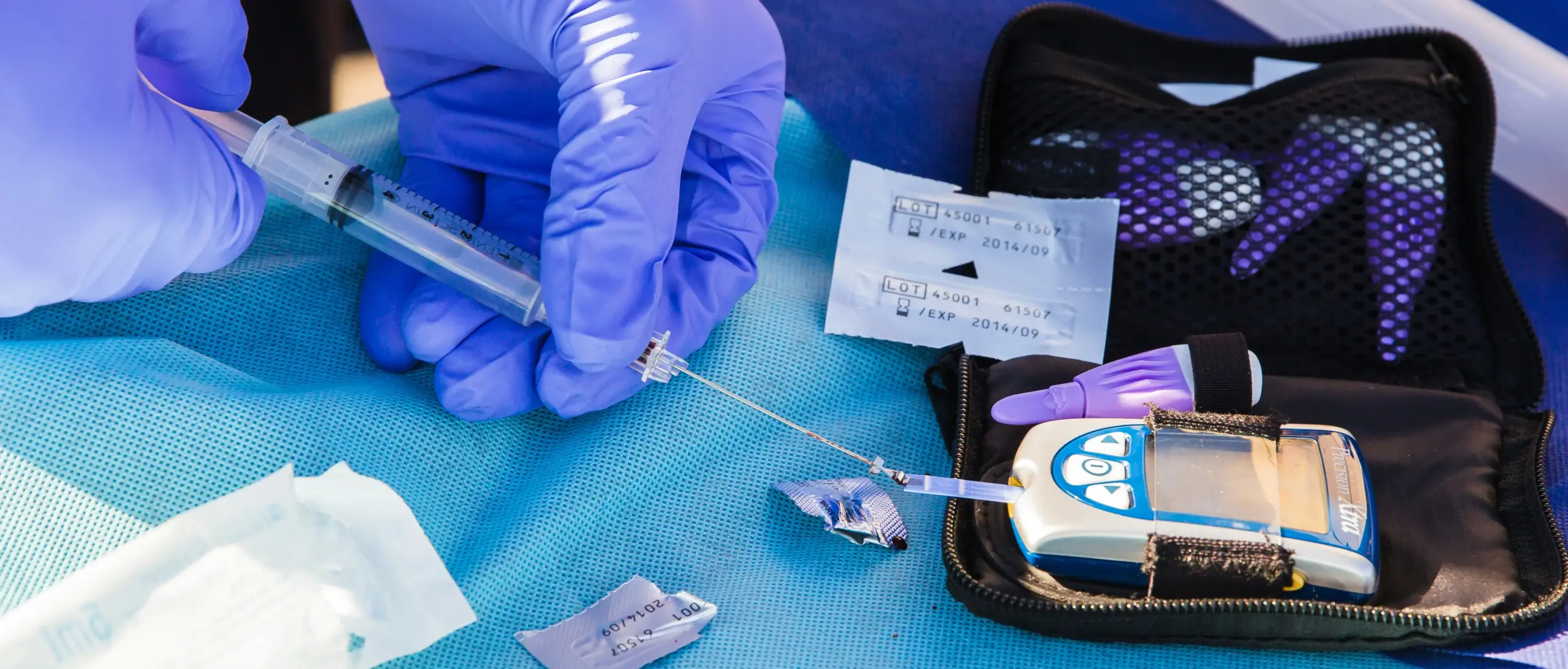
A Comprehensive Guide to Early Warning Signs and Management
Diabetes is a chronic metabolic disorder that affects millions worldwide. It occurs when the body’s ability to produce or respond to insulin is impaired, leading to abnormal blood sugar levels. Early detection of diabetes symptoms is crucial in managing the disease effectively and preventing complications.
In this article, we will explore the various symptoms of diabetes, differentiating between Type 1, Type 2, and Gestational Diabetes. We will also provide practical insights on managing and preventing this condition effectively.
What is Diabetes?
Diabetes is a group of diseases that result in high blood sugar (glucose) levels. There are three main types:
- Type 1 Diabetes – An autoimmune condition where the immune system attacks insulin-producing cells in the pancreas.
- Type 2 Diabetes – A metabolic disorder where the body becomes resistant to insulin or does not produce enough.
- Gestational Diabetes – A temporary form of diabetes that occurs during pregnancy and increases the risk of Type 2 diabetes later.
Early Symptoms of Diabetes
Recognizing the early signs of diabetes can help in seeking timely medical intervention. The symptoms vary depending on the type of diabetes.
1. Common Symptoms of Diabetes
- Frequent Urination (Polyuria) – Excess glucose in the blood forces the kidneys to filter and remove it, leading to increased urination.
- Excessive Thirst (Polydipsia) – Due to fluid loss from frequent urination, the body signals for more water intake.
- Extreme Hunger (Polyphagia) – Insulin resistance or deficiency prevents glucose from entering cells, causing increased hunger.
- Unexplained Weight Loss – Common in Type 1 diabetes, as the body starts breaking down muscle and fat for energy.
- Fatigue and Weakness – Due to inadequate glucose supply to cells.
- Blurred Vision – High blood sugar can cause fluid imbalances in the eyes.
- Slow Healing Wounds – Poor circulation and high glucose levels impair wound healing.
- Tingling or Numbness – Peripheral neuropathy due to nerve damage.
2. Symptoms of Type 1 Diabetes
- Sudden, unexplained weight loss
- Nausea and vomiting
- Severe mood swings and irritability
- Fruity-smelling breath (due to ketone production)
3. Symptoms of Type 2 Diabetes
- Frequent infections (skin, gums, or urinary tract)
- Dark patches on the skin (Acanthosis Nigricans)
- Increased hunger even after eating
- Foot pain and numbness due to nerve damage
4. Symptoms of Gestational Diabetes
- Increased thirst and urination
- Fatigue and frequent infections
- Blurred vision and high blood pressure
Risk Factors for Diabetes
Understanding the risk factors can help in prevention and early diagnosis.
Type 1 Diabetes Risk Factors
- Family history of autoimmune diseases
- Viral infections triggering an immune response
- Genetic predisposition
Type 2 Diabetes Risk Factors
- Obesity and lack of physical activity
- Unhealthy diet high in processed foods
- Family history of diabetes
- High blood pressure and cholesterol
- Sedentary lifestyle
Gestational Diabetes Risk Factors
- Being overweight before pregnancy
- Polycystic Ovary Syndrome (PCOS)
- Family history of diabetes
- Previous history of gestational diabetes
Diagnosing Diabetes
To confirm diabetes, a healthcare provider may perform the following tests:
| Test Name | Normal Range | Prediabetes Range | Diabetes Range |
|---|---|---|---|
| Fasting Blood Sugar | <100 mg/dL | 100-125 mg/dL | >126 mg/dL |
| A1C Test | <5.7% | 5.7%-6.4% | >6.5% |
| Oral Glucose Tolerance | <140 mg/dL | 140-199 mg/dL | >200 mg/dL |
Managing Diabetes Symptoms
Lifestyle Changes for Diabetes Control
- Healthy Diet – Focus on fiber-rich foods, lean proteins, and healthy fats. Avoid processed sugars.
- Regular Exercise – Engage in at least 30 minutes of moderate exercise daily.
- Monitoring Blood Sugar – Regular glucose monitoring helps in adjusting diet and medication.
- Medication & Insulin Therapy – As prescribed by a healthcare provider.
Natural Remedies to Manage Diabetes
- Cinnamon – This may help improve insulin sensitivity.
- Apple Cider Vinegar – Can lower fasting blood sugar levels.
- Fenugreek Seeds – Help regulate glucose absorption.
Preventing Diabetes
Prevention is key, especially for Type 2 and Gestational Diabetes. Here’s what you can do:
- Maintain a Healthy Weight – Obesity is a major risk factor.
- Exercise Regularly – Physical activity improves insulin sensitivity.
- Balanced Diet – Reduce sugar and carbohydrate intake.
- Regular Health Check-ups – Early detection prevents complications.
Complications of Uncontrolled Diabetes
If left untreated, diabetes can lead to severe complications:
- Cardiovascular Diseases – High blood sugar damages blood vessels.
- Kidney Disease (Nephropathy) – Can lead to kidney failure.
- Nerve Damage (Neuropathy) – Causes pain and numbness.
- Eye Damage (Retinopathy) – Can result in blindness.
- Amputation Risk – Due to slow-healing infections and ulcers.
Conclusion
Early detection and management of diabetes symptoms are crucial in preventing severe health complications. By understanding the warning signs, making lifestyle changes, and seeking timely medical attention, individuals can lead a healthier life despite diabetes.
If you or someone you know is experiencing symptoms of diabetes, consult a healthcare provider for proper diagnosis and treatment.
For more health-related insights, visit 4CIntegratedHealth.com for expert advice and resources.

